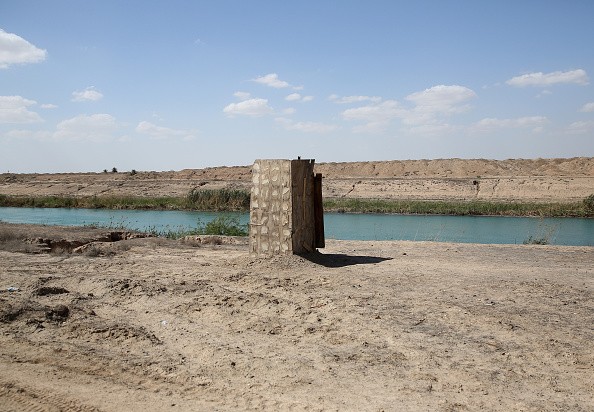
Thursday, November 19, has been designated World Toilet Day. It may never rival Arbor Day as a holiday, but the United Nations is hoping that the day brings attention to the serious need for better sanitation in many parts of the world.
About 2.4 billion people around the world do not have access to decent sanitation, according to the UN. More than one billion people are forced to defecate in the open because they do not have access to a toilet. Open defecation-where people use fields, roadsides, and other public locations as a toilet-raises the risk of infectious disease and other dangers including malnutrition due to intestinal disease, especially for children.
Women and girls in particular need safe and clean sanitation facilities. "One out of three women around the world lack access to safe toilets," U.N. Secretary General Ban Ki-moon said in a statement. "As a result they face disease, shame, and potential violence when they seek a place to defecate."
In India, one in two people are forced to defecate outside. Open defecation puts women as risk for being attacked and raped when they go out into a field. More than 300 million women and girls in India have no other choice.
Even where there are toilets around the world, they vary enormously in quality and cleanliness. Reuters Health has a photo essay of toilets around from around the world here.
The UN says that millions of people, most of them children, die from diseases linked to poor sanitation, unhygienic living conditions, and lack of access to clean water supplies. It stated that this situation is due to bad economics and poor infrastructure.
"We have a moral imperative to end open defecation and a duty to ensure women and girls are not at risk of assault and rape simply because they lack a sanitation facility," Ban said.



